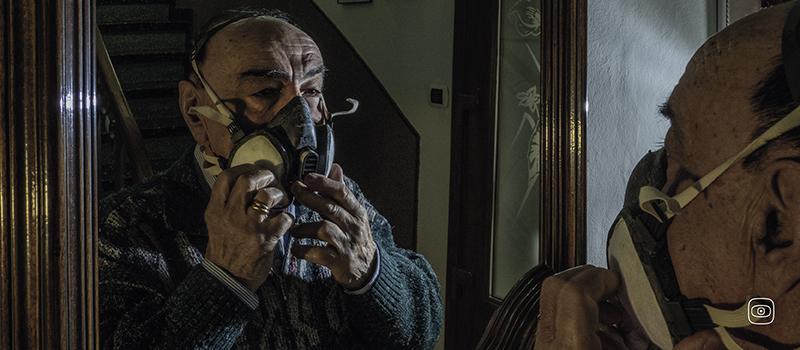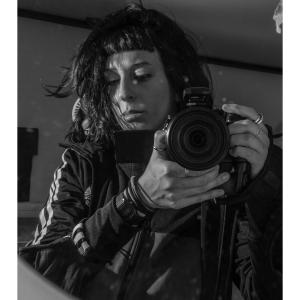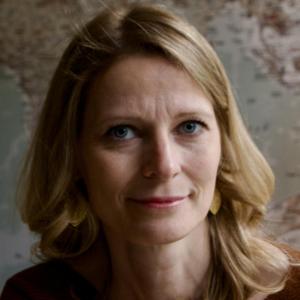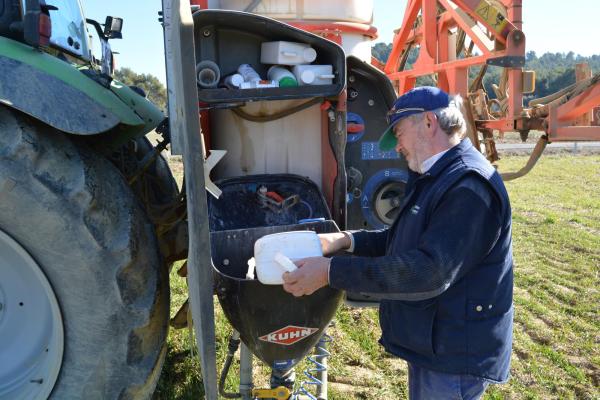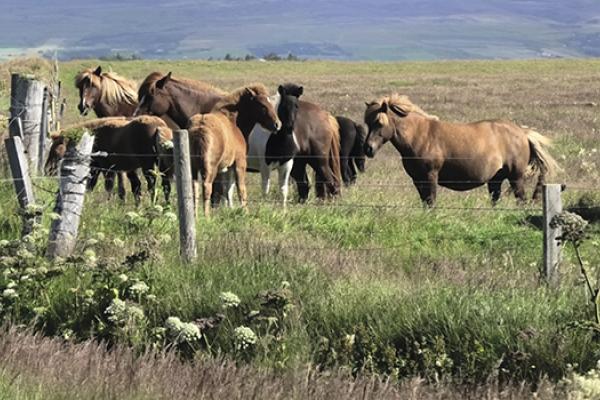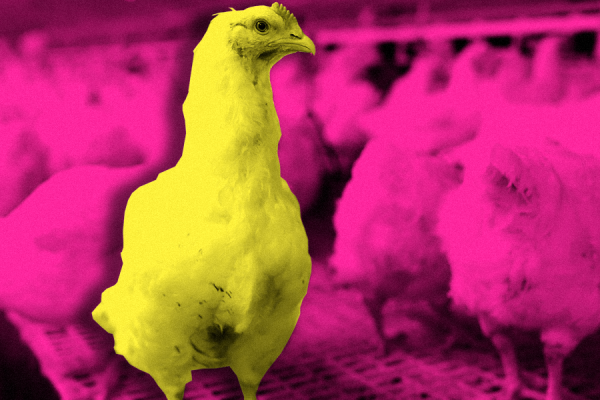Noise, smell, air toxicity, chronic disease, water pollution: factory farms project negative externalities that hit neighbouring communities first, transforming local ecologies and endangering health and welfare.
In times of increasingly frequent novel epidemics and pandemics, many scientists claim that factory farms, with their unique conditions, have become dangerous pathogenic breeding grounds. Evidence suggests that living near factory farms decreases basic quality of life. Strong odours force residents to stay indoors and coexist with afflictions impacting mental and physical health.
Hydrogen sulphide, particulate pollution, ammonia, volatile organic compounds: besides greenhouse gases, there is a number of externalities that factory farms release making people sick in the short and long run, causing flu-like symptoms or triggering the development and deterioration of respiratory pathologies.
Released into the atmosphere, ammonia turns into PM2.5 - especially dangerous for human health and listed as a group1 carcinogenic. Exposure to it is linked to heart and lung conditions. Increasing evidence points to higher cancer rates in regions dense with intensive animal farming.
Long Shadow is a visual research-based cross-border investigation documenting how local communities across Europe coexist with and struggle against nearby factory farms.
Photo: March 2023, Italy. Giorgio has been a long time resident of an area in which he coexists with an intensive cow farm, a chicken farm and a biogas plant. He always has to wear a mask when the odours from the nearby farms invest the area. He suffers extreme nausea and sometimes loses consciousness because of the exposure. (c) Selene Magnolia Gatti
IMPACT
The visual part of the investigation was included into "Factory Farming: Unveiling the Hidden Costs" exhibition which was launched in Brussels on March 25, 2025 in presence of several public figures.
